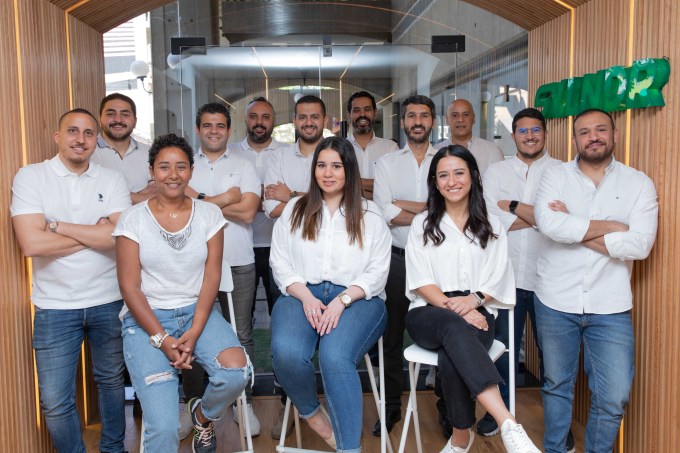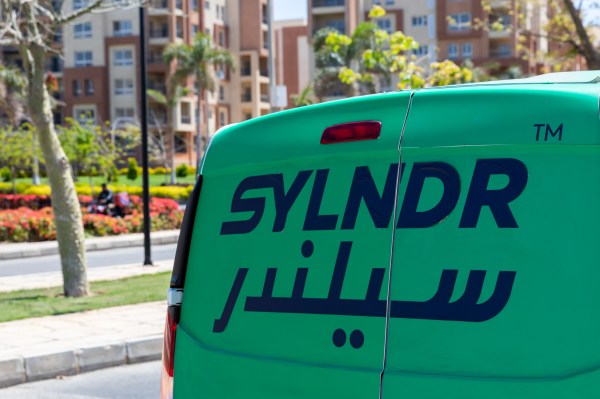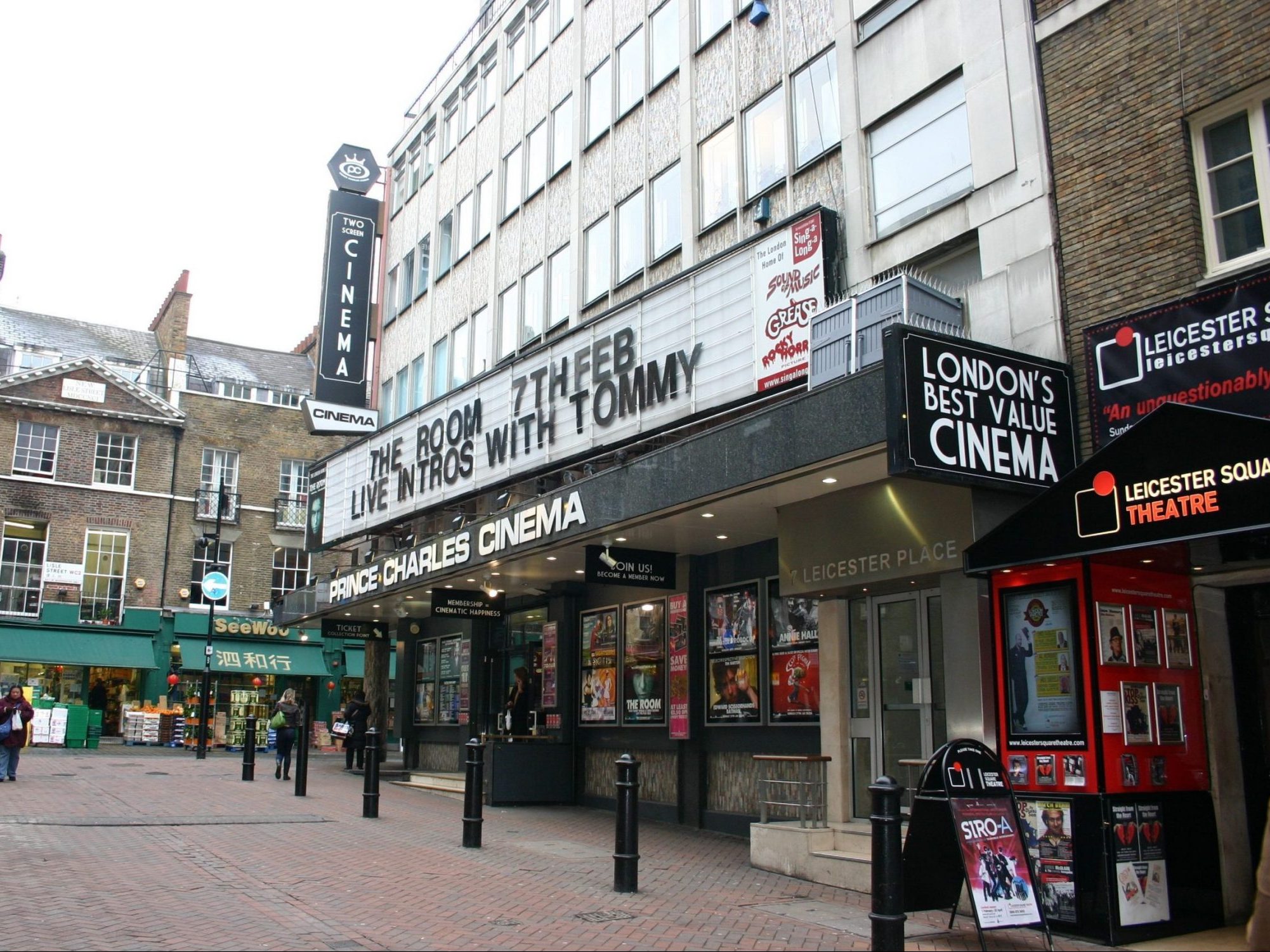Egypt is home to one of Africa’s largest vehicle fleets, with over 6 million cars (80% are passenger cars) on its roads. According to this finding, most are used cars; their ratio to new vehicles is 3:1. But the used cars market isn’t only enormous in Egypt; it is in almost every country with a large population globally.
Recently, there’s been rapid digitization of this market, with several startups upending incumbents such as classifieds and hoping to define the new era of used-car-sale platforms. Some include U.K.’s Cazoo, India’s Cars24 and Spinny, Brazil’s InstaCarro and Mexico’s Kavak.
Cairo-based Sylndr is a new player in a market where unorganized dealers and classifieds dominate the sales volume. The automotive marketplace, which allows customers to sell and buy used cars, has raised a pre-seed round of $12.6 million–the largest of its kind in MENA and sub-Saharan Africa, besting what Rabbit, a 20-minute convenience delivery startup, pulled in last November.
Saudi-based early-stage venture capital firm RAED Ventures led the round. VC firms Algebra Ventures, Nuwa Capital, 1984 Ventures, and Global Founders Capital participated, with several regional and global angel investors taking part as well.
New cars are pricey; that’s one explanation for the massive demand for used vehicles, especially in emerging markets. In Egypt, popular brands such as GB Auto, Mansour Automotive, and Nissan are typically known to have good resale value. But the buying experience of such cars on classifieds can be underwhelming because of several issues such as lack of trust and affordability.
“The main problem that we’re trying to fix in Egypt is a complete mistrust between buyers and sellers of used cars in the markets,” said co-founder and CEO Omar El Defrawy to TechCrunch in an interview. “That’s the core problem that we’re trying to solve. Our vision as a company is that we want to quickly become the most trusted used car retailer in Egypt and the region.”
Popular car models in Egypt cost about $15,000 on average. For many Egyptians, who earn less than that yearly, that’s a substantial amount to part with. And unlike in developed countries where systems are set in place to help people with vehicle financing, it is almost non-existent in developing markets such as Egypt, where only about 5% of used cars are financed.
“So imagine if you enable financing and make the cars much more affordable to people, that’s a core value proposition we want to ship as well,” added El Defrawy, who founded Sylndr with Amr Mazen in November 2021.
Sylndr is yet to launch to the public. However, it is tailoring its model after India’s Cars24: obtaining cars from individuals that want to sell, buying them up for an agreed price, reconditioning them, and then reselling them to new owners. According to the founders, Sylndr also plans on providing seven-day money back guarantee, warranty and availing flexible financing options to users.
The car retailer will first update its car listings by launching to customers who want to sell their cars. Mazen said Sylndr plans to open up to buyers in Q4 this year or Q1 2023.
Between these two events is the refurbishment of the cars. From our conversation, a refurbished car on Sylndr would be slightly more expensive than non-refurbished cars found on classifieds such as OLX and Contactcars. But the chief executive argued that Sylndr offers “fair and competitive pricing”, and consumers would still prefer cars on Sylndr based on quality and speed of delivery.
“It’s not a matter of prices being more; it’s a matter of paying for value. If you’re a consumer who doesn’t have any car experience, you’d want to buy something that gives you true value to the amount you’ve put in,” El Defrawy asserted. “Customers buy used cars and try to do the refurbishment independently, but no one has that kind of experience. That’s what we do, and of course, if they can find that car and execute this process in 24 hours, it becomes an even much nicer and better experience.”

Image Credits: Sylndr
The pre-revenue startup intends to make money from retail sales, auction houses, dealerships, and B2B sales. El Defrawy said Sylndr might also look into ancillary revenue streams such as interests from financing, insurance, fees from roadside assistance and other value added services. “We’re looking to develop that as we go,” he noted.
Before starting Sylndr, El Defrawy worked as an investment banker at EFG Hermes and CFO of Elmenus, an Egyptian food delivery startup. Mazen has experience across food delivery and e-commerce sectors with Souq.com, Hello Fresh and Cazoo. They credit their background, the make-up of their over 40 team members and the capital intensive nature of the used car market as reasons behind raising this large pre-seed round despite talks of venture capital cooling down amidst public sell-offs and tech companies’ devaluation.
“The secondary car market is highly fragmented and more often than not, consumers do not have a trusted counterpart,” said Omar A. Almajdouie, the managing partner at RAED Ventures, in a statement.
“The market is massive, ripe for disruption, and we’re excited to be part of Sylndr’s journey as they transform and set an entirely new standard for the used car market. Given the unique background and experience of this team, we believe in their ability to crack this business model.”
The founders said that the investment proceeds would be put into scaling the company’s operational capability, technology infrastructure, growing inventory, and building its retail and non-retail channels to customers. In a statement, Sylndr said it is looking to more than double its team’s size by the end of the year. The company will face competition from the likes of Autochek, a Nigeria-based automotive platform that has recently made inroads into North Africa via an acquisition.
The general partner at Algebra Ventures, Laila Hassan, in a statement, said, “The competence of the team, coupled with the massive business potential inside Egypt and beyond, forge a solid path to success. Supporting these exceptional entrepreneurs at such an early stage embodies Algebra Ventures’ ‘Founder First’ strategy.”



























































